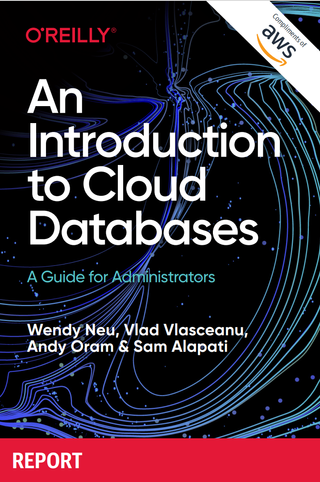Google Earth Engine open for business on Google Cloud, in corporate sustainability push
Vital data will allow firms to make informed choices around sustainability, and view impacts of both historical and day-to-day climate change

Google has today announced that Google Earth Engine will become fully available on the Google Cloud, the first time the service will be accessible for commercial use.
The move gives companies access to more than 70 petabytes of geospatial data, going back up to 50 years updating every 15 minutes. With sources including hundreds of satellites, the service includes findings on surface temperature, atmosphere, cropland, land cover, weather, and climate.
Google has expressed hope that companies will use the data to shape their sustainability goals. With the Earth Engine API available in both Python and JavaScript, in-depth analysis of any number of planetary-scale factors is readily available through the service.
Earth Engine has been free for use by scientists and researchers since 2010, and has provided data that has greatly improved public insight into climate change, urban expansion, and many more fields. It will remain free for use by scientists and NGOs.
Pricing will come in the form of a monthly subscription, with rates on top varying by the processing environment the customer requires, as well as the demand their use of Earth Engine places on the system. Data can be processed online for synchronous computation, or as a batch to be processed asynchronously and output at a later time.
Google has spent decades fostering relationships with organisations such as NASA, the NOAA, the ESA, and the USDA, and with their insights along with collaborative data from many other scientific programs, Earth Engine can be said to offer one of the most comprehensive datasets available on climate change.
Google has previously taken steps to hand customers control over their carbon impact, such as last year's update labelling data centre regions with the best sustainability ratings, furthering each company's understanding of how their energy demands are being met.
Get the ITPro. daily newsletter
Receive our latest news, industry updates, featured resources and more. Sign up today to receive our FREE report on AI cyber crime & security - newly updated for 2024.
In a blog post, Justin Keeblee managing director of Global Sustainability at Google Cloud stated:
“Every industry is also experiencing a new era of sustainability-driven transformation. Like with any transformation, how, why and what you transform needs to be informed by accurate data about your current state, and insights into the potential impact of your decisions.”
Limited companies were given access to Google Earth Engine last year, ahead of the general expansion announced today. One such company was Regrow, a startup aiming to ensure carbon-zero supply chains in agriculture.
“Regrow aims to make regenerative agriculture ubiquitous across the globe with an overall mission to mitigate climate change,” stated Juan Delard de Rigoulieres Mantelli, the CTO of Regrow Ag.
“That job has been made easier by Google Earth Engine, a platform which has allowed us to scale our technology and increase confidence in our data and reports.”

Rory Bathgate is Features and Multimedia Editor at ITPro, overseeing all in-depth content and case studies. He can also be found co-hosting the ITPro Podcast with Jane McCallion, swapping a keyboard for a microphone to discuss the latest learnings with thought leaders from across the tech sector.
In his free time, Rory enjoys photography, video editing, and good science fiction. After graduating from the University of Kent with a BA in English and American Literature, Rory undertook an MA in Eighteenth-Century Studies at King’s College London. He joined ITPro in 2022 as a graduate, following four years in student journalism. You can contact Rory at rory.bathgate@futurenet.com or on LinkedIn.





